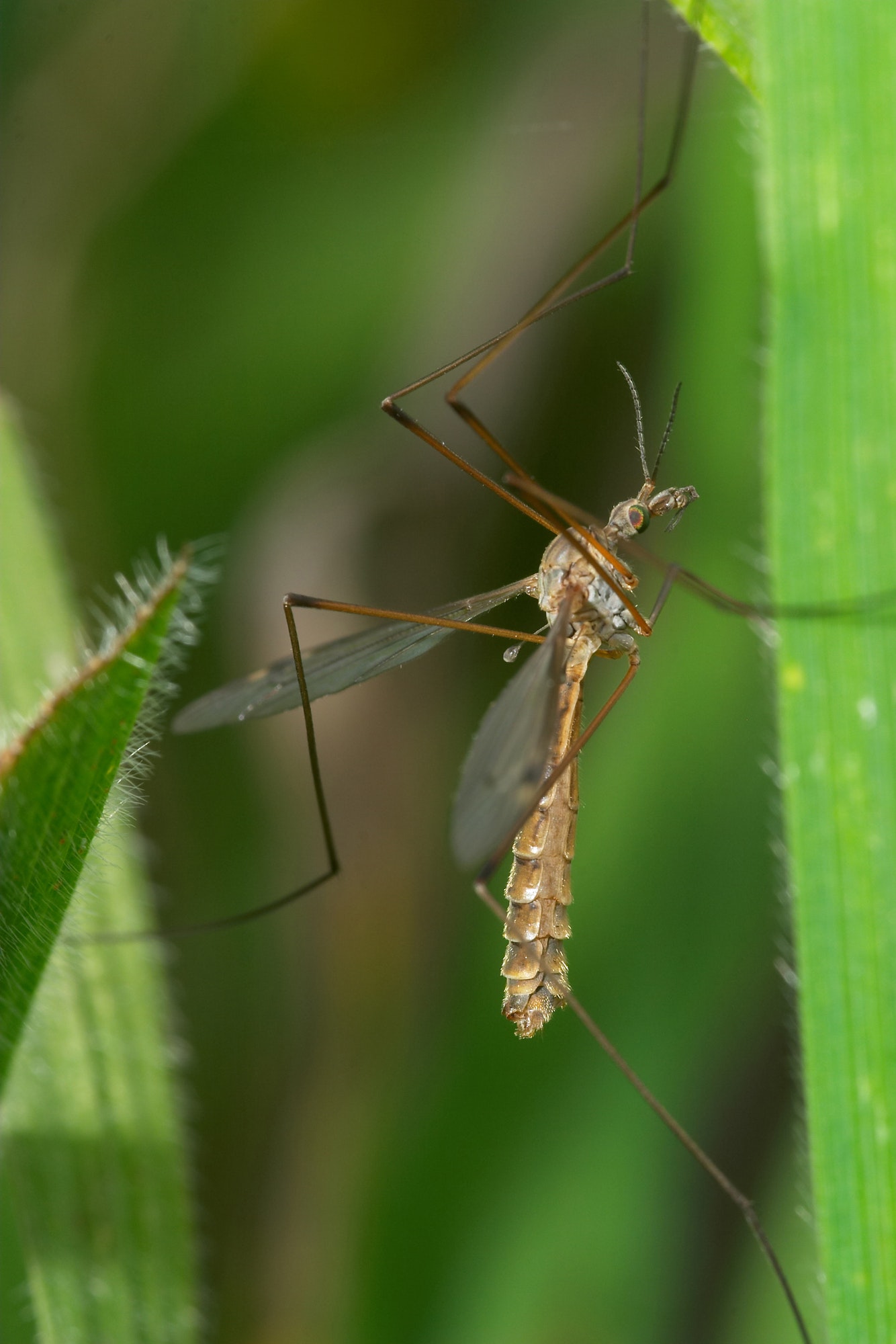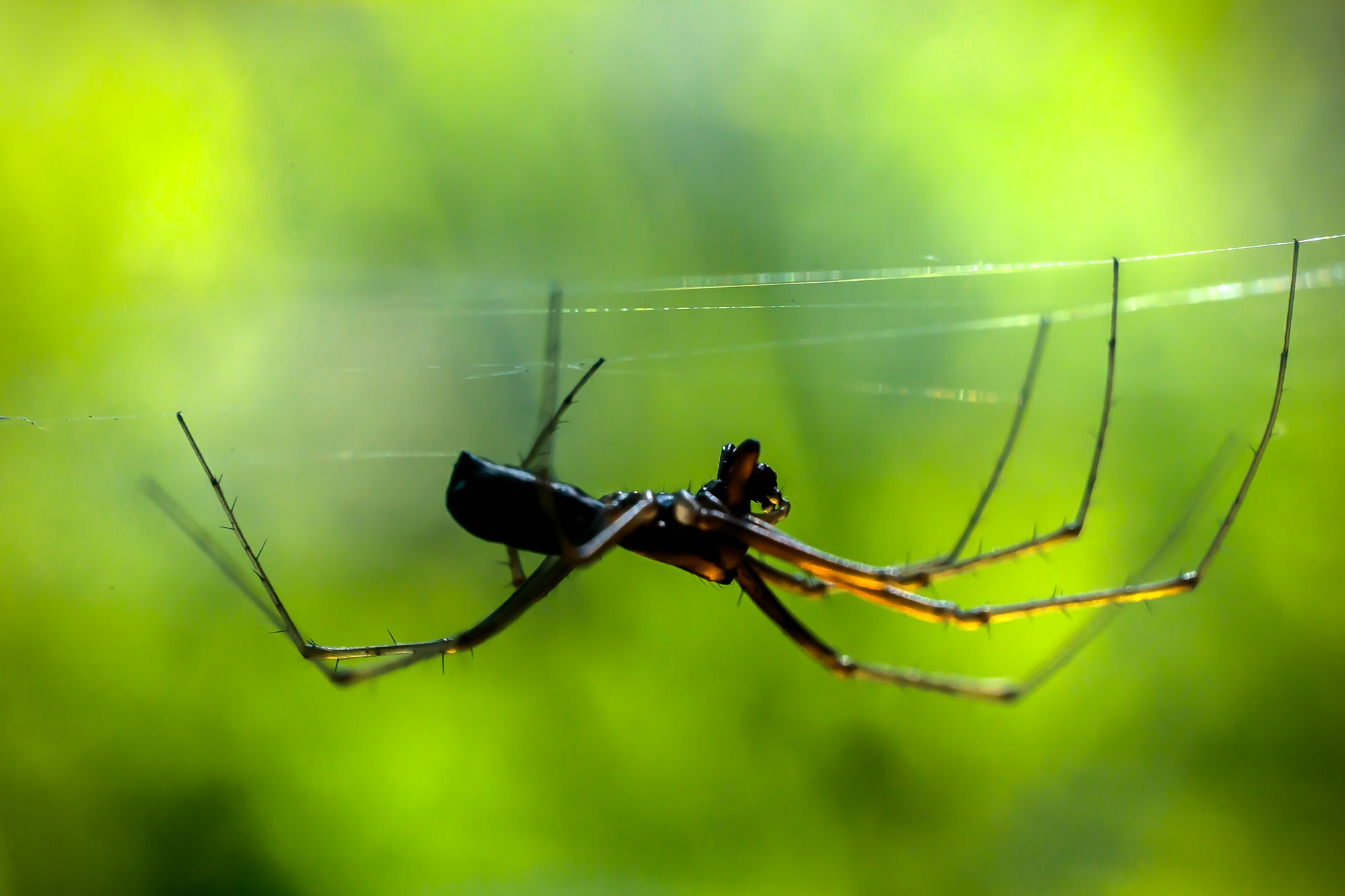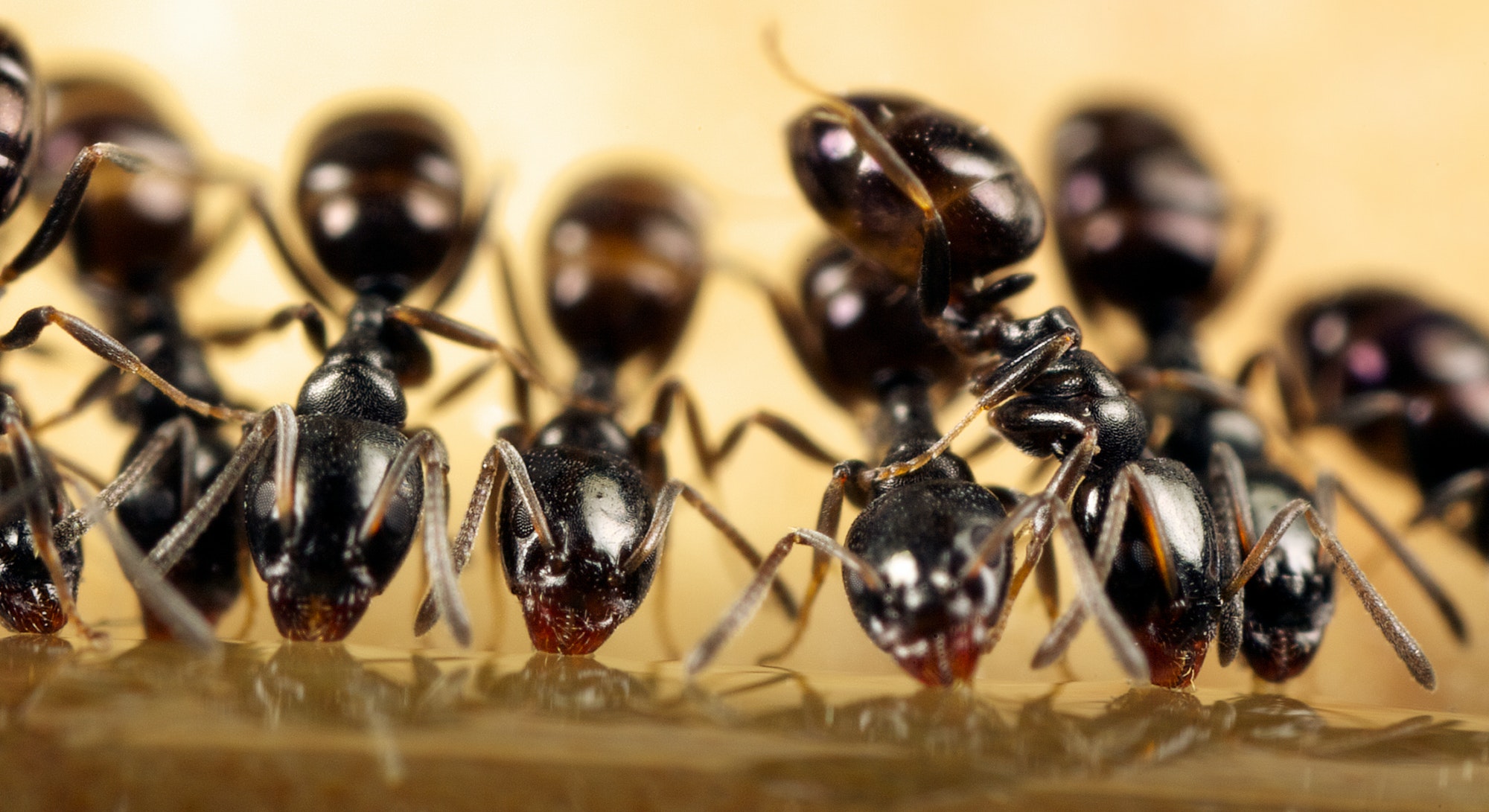Are Daddy Long Leg Spiders Poisonous?
Daddy long-leg spiders, also known as cellar spiders, are a member of the family Pholcidae and are commonly found in urban areas throughout the world. There has always been myths and controversy over how venomous daddy long-leg spiders are. The most common of which is that daddy long-leg spiders are the most venomous spiders, but their fangs are too short to bite people. However, recent research into these fascinating creatures proves otherwise.
To begin, animals are venomous when they bite or sting toxins into their prey or attacker. Poisonous animals release toxins when they are eaten. Daddy long-leg spiders are venomous because they do have venom glands and have the same fang structure as brown recluse spiders, making them capable of piercing human skin, demonstrated in the television show MythBusters.
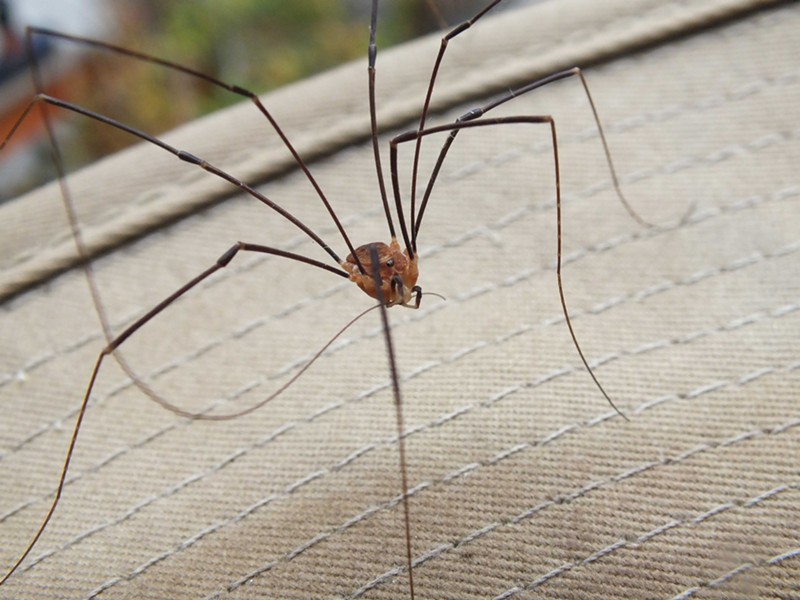
However, it is not in their nature to bite. In a recent research project by Greta Binford and Pamela Zobel-Thropp, it was determined that the chemical make up of daddy long-leg venom is highly toxic to insects, but has little to no effect on mammals, like humans. The arrangement of peptides and proteins in their venom is most dangerous to the chemical makeup/arrangement in insects, which varies greatly from that of mammals.
Now in terms of poison, it is possible that daddy long-leg spiders have been confused with harvestmen, which are not arachnids, but are also referred to as daddy long-legs. These harvestmen are believed to have defensive secretions according to the research of the University of California Riverside. Those toxins, however, only pose a small threat to smaller animals when ingested.
There is no evidence that daddy long-leg spiders have the same secretions, further proving that spiders of the nickname “daddy long-legs” are not poisonous. However, if poisonous is used collectively to refer to all forms of injection of toxins into another, then it is reasonable to call cellar spiders poisonous.
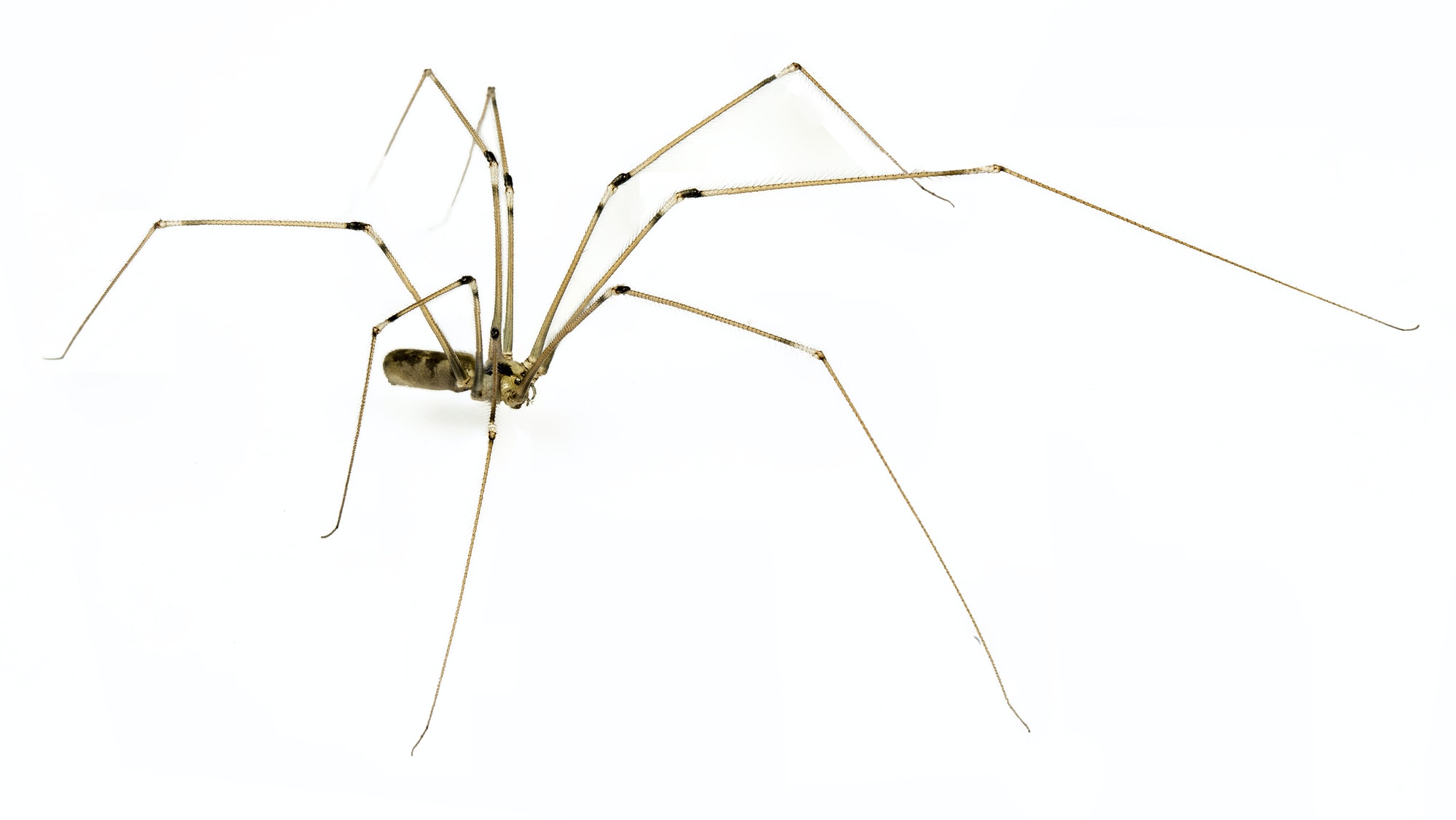
While daddy long-leg spiders can be considered poisonous due to their arachnid anatomy, which does include venom glands and fangs, there is no reason to fear them. As mentioned above, cellar spiders are not aggressive spiders like black widows. Instead, they will resort to flight over fight.
In addition, unlike black widows, the research of Binford and Zobel-Thropp helps to prove the lack of effect on humans, as mentioned above. When bitten, their research depicts that humans felt a mild sting that disappeared quickly and had no long-term effects. In the experiment on insects however, crickets became paralyzed after a dosage of 3.9 μg/g of venom. This was comparable to other spiders. Since the venom effects on insects are like other spiders, cellar spiders are useful to have around due to their lack of danger to humans.
Overall, cellar spiders, also known as daddy long-leg spiders, are poisonous, but not to humans or other mammals. Therefore, if you ever see a cellar spider, there should be no cause for alarm as there is no imminent danger and the spider is actually helping to get other insects, which might possibly be dangerous to humans, out of your house.
